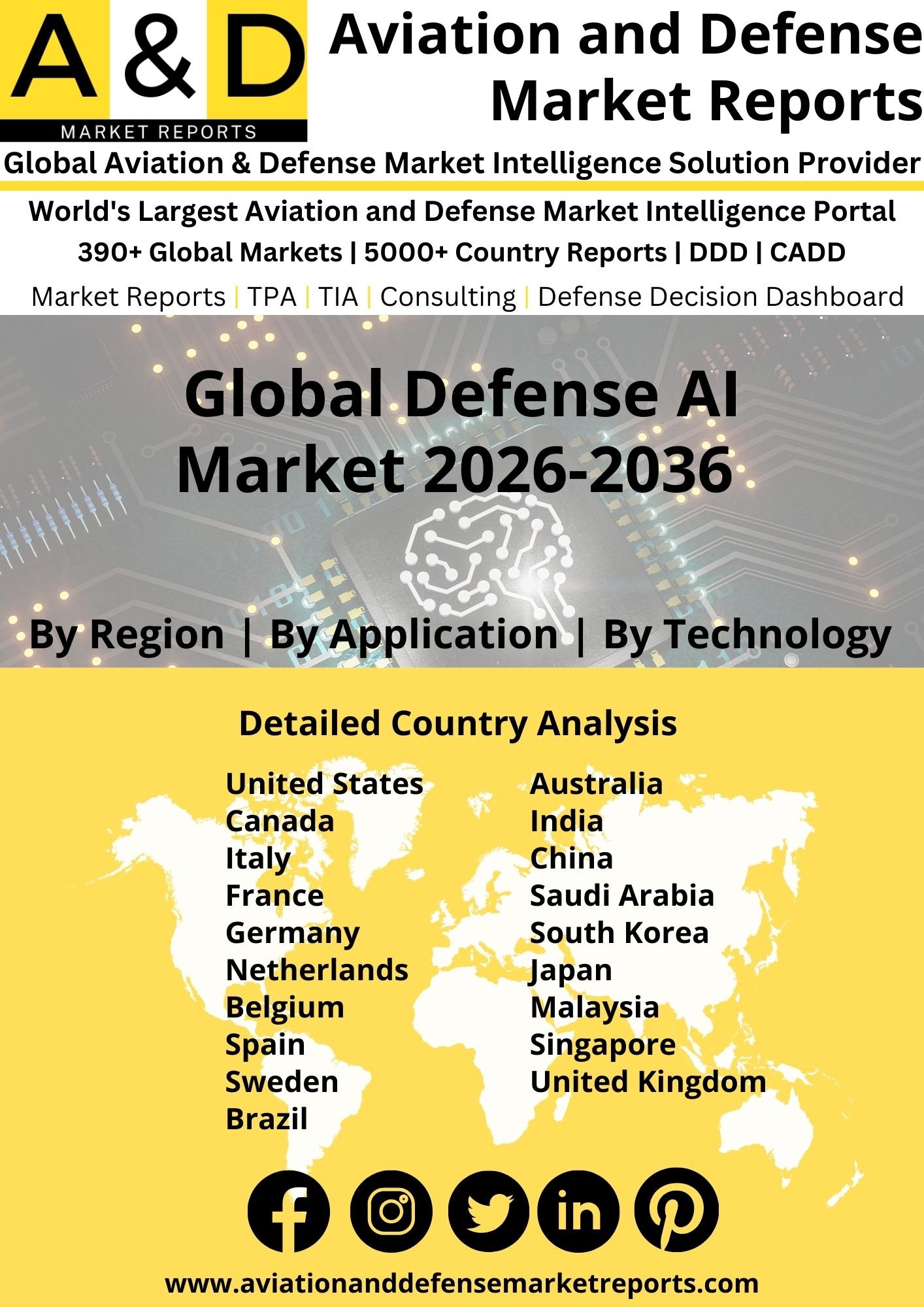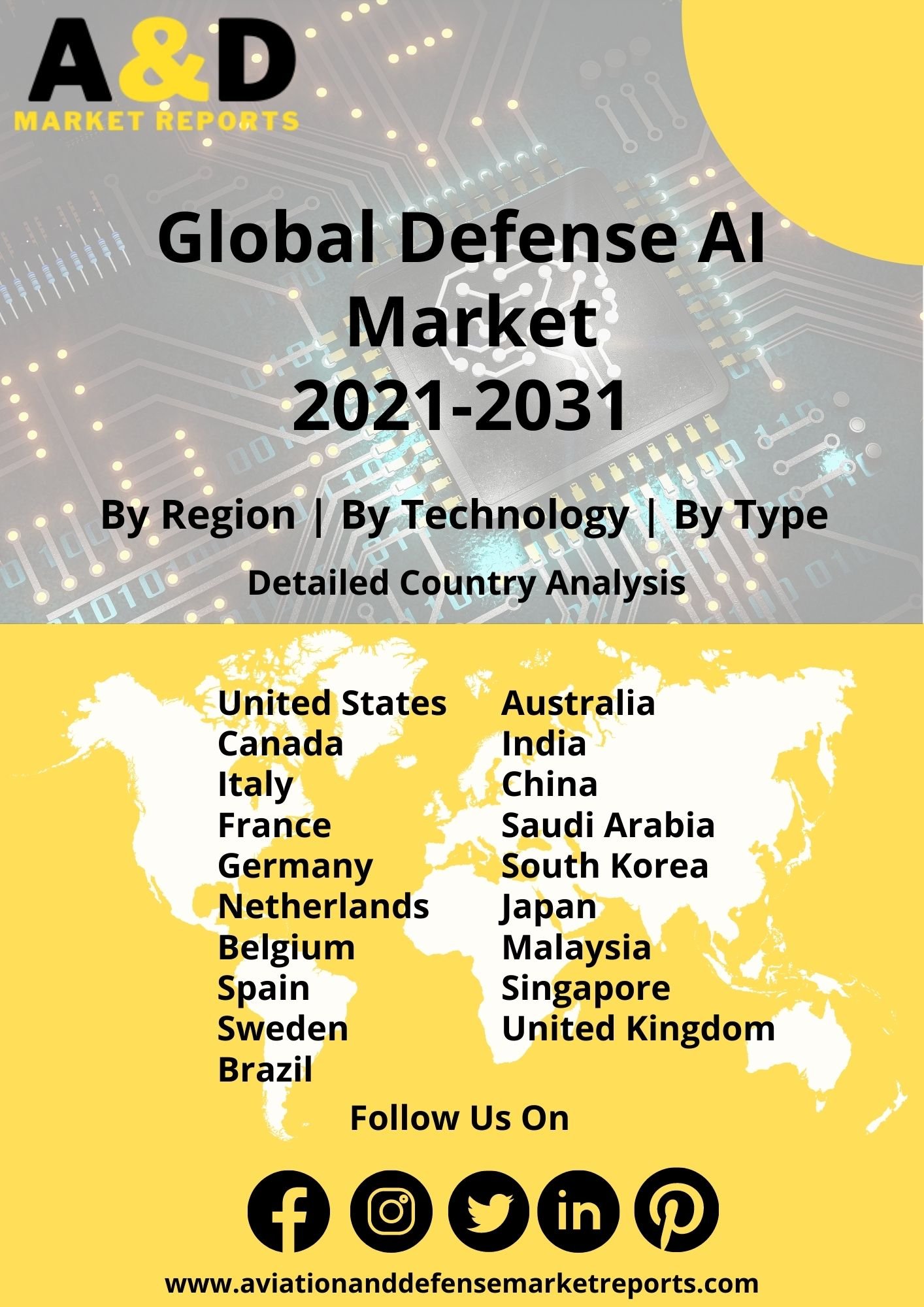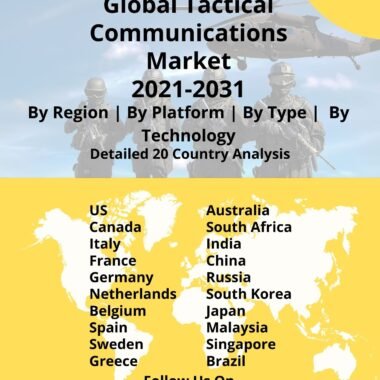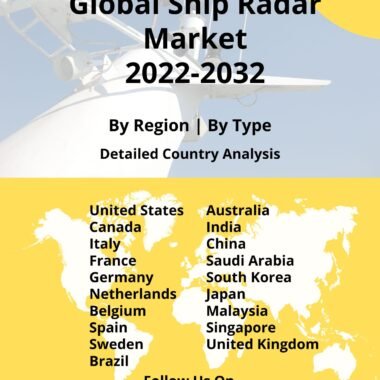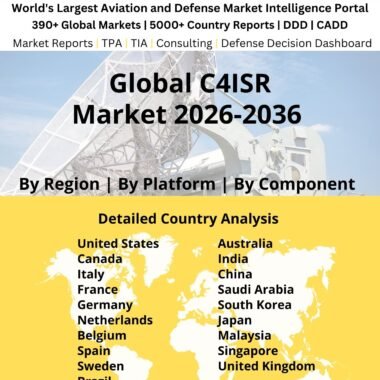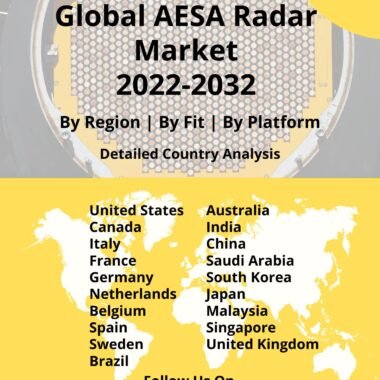Description
Defense AI Market
Frequently Asked Questions of Defense AI
AI (Artificial Intelligence) in the military refers to the fusion of modern and emerging technology with military equipment to increase its efficiency and strength. The Military sector will get the highest investments in the developed country. These investments are used for developing equipment during times of war and for the R&D of new technological advancements. A Large quantity of data is efficiently handled using AI-equipped military systems. Ai in the military have improved self-regulation and self-control due to their enhanced decision-making and computing abilities. Computer vision is used in autonomous weapon platforms to track and identify objects.
Defense AI (Artificial Intelligence) helps in the extraction of useful information from automatic identification systems and radars. Hence, upgrading the military tools, equipment, and weapons with the latest technology fuels the growth of Artificial intelligence in the military. Artificial Intelligence is developing so fast with possible implications for national security. Defense departments of countries such as the European Union, Russia, China, and the US for a range of military applications are developing AI. AI (Artificial Intelligence) is underway in the fields of logistics, information operations, Cyber operations, command and control, intelligence collection and analysis, and in many semi-autonomous, and autonomous vehicles.
The Major factor driving the growth of the Defense Artificial Intelligence market
The rise of advanced military equipment is the main factor helping the growth of defense AI market size. Conflicts between countries led to strengthening their defense forces and resulted in increased procurement of advanced Artificial Intelligence weapon systems and fusion of newer technologies into the existing system. Special departments are allocated by the governments for initiating, integrating, and planning artificial intelligence capabilities into their existing equipment and developing new capabilities.
Trends influencing the growth of the Defense AI Market
The applications of Artificial intelligence within the military segment, such as automated logistics by the integration of unmanned aerial vehicles and unmanned ground vehicles, underwater mine location through neural networks, big data analytics for better decision-making, object location, and bio-inspired robots are anticipated to enhance the defense AI market growth in the forthcoming years. The rise in investments in the integration and development of artificial intelligence and robotics and the high defense budget allocation towards Research and development and acquisition of artificial intelligence-based equipment are also expected the growth of AI in defense in the future period.
For example, out of 21,000 equipment contracts published by the PLA (People’s Liberation Army) in China, around 350 records were assigned to AI Systems and equipment. NATO announced to launch of a fund, which is worth USD 1 Billion as an initial investment to stay ahead of the competition in Artificial Intelligence. Pentagon announced to spend USD 874 million on Artificial Intelligence and machine learning technologies. These investments are expected to fuel the growth of artificial intelligence in the future years.
Defense AI Market Dynamics
According to SIPRI, there is an increase in military expenditure; it is due to the conflicts between countries, which leads to a strengthening of their defense forces. Because of artificial intelligence, there are concerns over possible errors during complex combat situations. With various governments adopting Artificial Intelligence systems for automation and surveillance, Concerns are raised, stating that human control over robots is necessary to ensure humanitarian protection. There are also concerns among organizations like Human Rights Watch regarding whether the government is secretly developing “Automated Killer Robots” to top the Artificial Intelligence Arms Race.
For these reasons, it is necessary for governments to publicly declare their current capabilities and refrain from developing autonomous weapons and completely automated robots, as there is a chance of not meeting the standards of international humanitarian law. The possibility of errors is also high in Artificial Intelligence systems. As they make quick decisions, they may not be able to adapt to the inevitable complex situations of the war. The above concerns are restraining the growth of the defense AI market size.
Defense AI Market Developments
Soartech was awarded a contract from the US Air Force to develop the speech recognition and cognitive agent training capability for the AWACS mission. US Boeing completed the testing of five surrogate jets with the capacity to teach the aircraft brain to analyze, understand and communicate with other platforms during the battle. CACI International acquired Ascent vision technologies to support Surveillance and reconnaissance, unmanned aircraft system, multi-domain intelligence, and counter-unmanned aircraft system operation. Israel- RAFAEL advance defense system secured a USD 200 million contract from one of Asia’s leading countries for its Spike ATGMs, electro-optically guided missiles, SPICE 2000 air-to-surface systems, tactical, and advanced communication systems.
The market represents a transformative force in reshaping military operations, intelligence analysis, and decision-making processes. AI technologies, including machine learning, computer vision, and natural language processing, are increasingly integrated into defense systems to enhance efficiency, autonomy, and situational awareness. The market is experiencing substantial growth as nations recognize the pivotal role of AI in addressing the evolving nature of security threats and optimizing defense capabilities.
Technological innovations within the Defense AI market analysis include the development of autonomous drones, predictive analytics for threat detection, and AI-driven cybersecurity solutions. These innovations enable military forces to streamline operations, analyze vast amounts of data in real time, and augment human decision-making processes. Geopolitical considerations significantly influence market dynamics, with nations strategically investing in Defense AI market trends to gain a competitive edge in intelligence gathering, autonomous systems, and cyber defense. In 2023, the global Defense AI market forecast signifies a commitment to leveraging cutting-edge technologies for improved national security, emphasizing the role of AI in bolstering military capabilities and ensuring a proactive response to the diverse and dynamic challenges in the contemporary security landscape.
